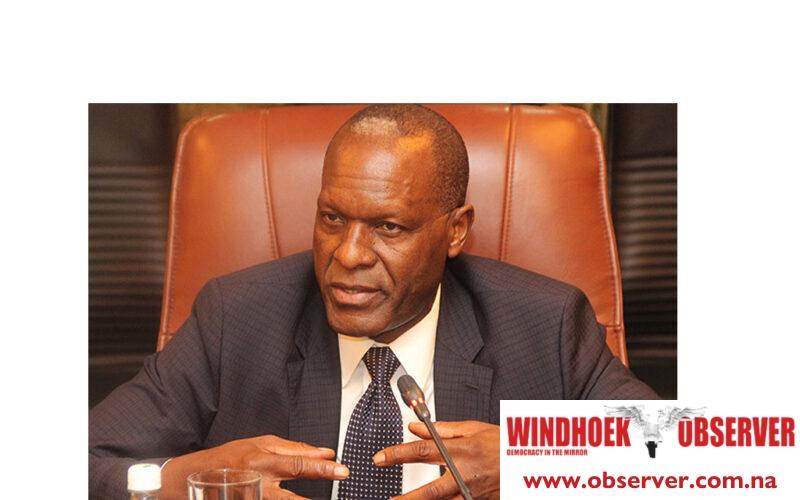Niël Terblanché
In a critical move aimed at stabilizing the fuel retail sector, Mines and Energy Minister Tom Alweendo recently reaffirmed the government’s stance to uphold the moratorium on issuing new fuel wholesale and retail licenses.
During a presentation in the National Assembly, Alweendo reiterated the government’s intention to protect the interests of existing fuel retailers amid concerns over market saturation.
The moratorium, which was initially announced in the middle of last year, seeks to address the grievances of current fuel business operators.
These operators have voiced their challenges following the ministry’s issuance of a significant number of retail licenses, leading to increased competition without a corresponding rise in fuel demand across the country.
“Over time, we have been issuing several retail licenses to the extent that the existing retail businesses started complaining that the ministry has been issuing too many of these affecting their businesses,” Alweendo explained.
The minister, however, clarified that this restriction is not blanket across the entire country.
He said that exceptions are being made for remote rural areas where the need for fuel outlets is more acute, and access to fuel is a matter of community sustenance and development.
He said that urban and more densely populated areas will not see the issuance of new retail fuel licenses and added it is aimed at preventing further saturation of the market.
The context for this moratorium is set against the backdrop of the ministry’s issuance of 87 new retail licenses since 2018, bringing the total number of active licenses to over 500 nationwide.
Alweendo shared fuel consumption statistics to stress the rationale behind the government’s policy.
He said that despite the increase in outlets, the annual fuel consumption figures – 429 million litres for petrol and 727 million litres for diesel last year – do not mirror the growth in the number of retail outlets.
Alweendo said that this discrepancy indicates that while the number of outlets has increased, the volume of fuel consumed remains relatively unchanged, leading to thinner spreads of demand across an ever-expanding network of retailers.
“These measures are essential to ensure the sustainability of the fuel retail sector in Namibia. By limiting the issuance of new licenses, the government aims to maintain a healthy competition level and ensure that existing businesses can continue to operate viably. These figures tell us that we have been issuing too many new licenses to trade in fuel, while the consumption has not increased,” Alweendo stated while pointing to the challenge of balancing market access with the sustainability of existing outlets.
He added that this policy reflects the government’s broader strategy to manage the country’s energy resources responsibly and support the economic well-being of businesses operating within Namibia’s borders.
In the meantime, stakeholders in the fuel sector will closely monitor the impact of this moratorium on market dynamics and the overall health of the fuel retail industry in Namibia.




